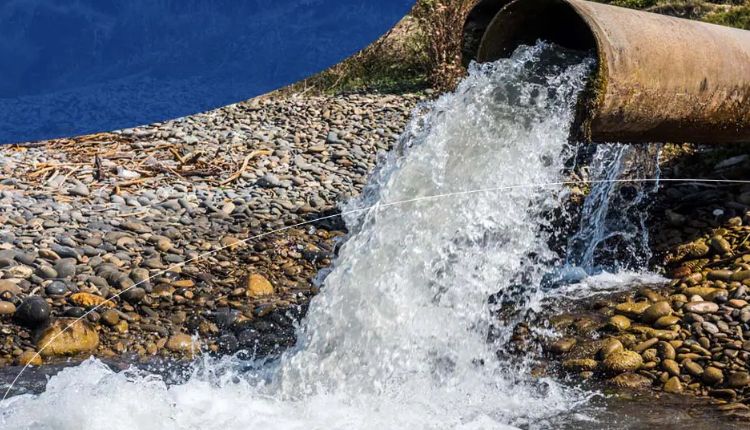How effective can stormwater oversight be if it depends only on field inspections and compliance checklists? Municipal programs benefit when company-level reports are fully utilized as a structured accountability tool. These reports make oversight transparent while also clarifying performance expectations. Let’s explore how municipalities can use them to strengthen outcomes.
Reports as a Compliance Tool
Company-level reports help connect compliance requirements with measurable results. For example, ms4 permit management software can centralize report submissions, ensuring that every required detail is documented in one place. This reduces the risk of lost records while also saving time during audits. Municipalities gain confidence knowing oversight is based on verified, consistent data.
These reports also create a direct link between regulations and field results. Instead of inspections being the only measure, regulators gain regular updates that reflect actual performance. This helps identify gaps quickly and confirms whether corrective actions work. The reports function as a continuous record of accountability.
Standard Formats for Transparency
Transparency is one of the strongest advantages of company-level reporting. Standard formats ensure inspectors, contractors, and municipal staff all review data in the same way. This consistency reduces disputes over interpretation and strengthens the chain of evidence. When challenges occur, standardized reports carry greater weight.
They also give municipal programs a chance to review performance across multiple sites. Trends appear clearly when all data follow the same format. For example, repeated deficiencies in sediment control can be identified across different projects. This uniformity strengthens oversight while encouraging contractors to improve practices.
Accountability Through Regular Submissions
Oversight works best when accountability is easy to measure. Company-level reports allow agencies to set benchmarks and confirm if expectations are met. Submission deadlines also encourage contractors to remain engaged instead of waiting for inspections. Regular reports keep permit holders involved in compliance.
The accountability applies to regulators as well. Municipal staff can show that they reviewed submissions promptly and provided clear direction. This record protects both sides if disputes emerge later. By keeping responsibilities visible, these reports foster a cooperative compliance process.
Resource Use and Prioritization
Stormwater programs often face limited resources, which makes efficiency a central concern. Company-level reports made from reliable platforms help municipalities focus on the right areas without stretching staff too thin. Instead of treating every project the same, reports allow agencies to direct time and attention where it matters most.
Key benefits include:
- Reduced site visits: Reports minimize the need for inspectors to spend time on routine checks, reserving visits for higher-risk projects.
- Smarter allocation of staff: Oversight teams can invest energy in problem areas while ensuring compliant sites stay on track.
- Priority-based reviews: Companies with repeated violations can be flagged for immediate attention.
- Routine cycles for compliant firms: Organizations showing consistent adherence remain on standard review schedules, avoiding unnecessary duplication of effort.
Together, these benefits show how reports transform resource use from a broad approach into a focused strategy. By using data-driven prioritization, municipalities can make oversight more practical while still maintaining compliance coverage.
Long-Term Value for Program Review
Stormwater oversight benefits when long-term records are maintained. Platforms for company-level reports provide historical data that highlight recurring issues and areas of progress. Agencies can track changes year by year to measure program effectiveness. This record builds a strong foundation for future decision-making.
The accumulated data also supports revisions to permit conditions. If reports reveal weak practices, municipalities can adjust requirements to address them. Strong practices may be reinforced through new guidance. In this way, reports serve as feedback that strengthens program oversight over time.
Company-level reports, when paired with modern tools like ms4 permit management software, are essential tools for better stormwater oversight. They streamline compliance, promote transparency, and improve accountability while helping municipalities manage limited resources wisely. Over time, these reports provide valuable insights that guide program improvements. This makes them a cornerstone of effective stormwater oversight.






